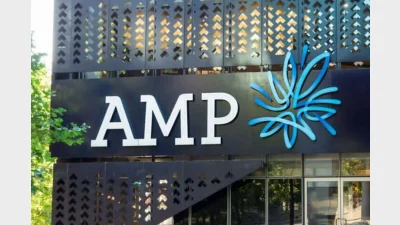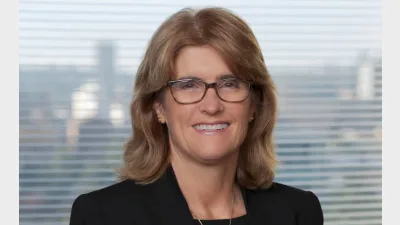Australia’s retirement system earns US praise



The US administration has reportedly been impressed by Australia’s super system after super fund leaders attended a high-level summit in New York to secure top-tier investment opportunities.
Australian super funds have spent the past week in New York pushing for top-tier investment deals to deliver strong returns for members.
Super Members Council executive Matthew Linden said fund leaders are in the US to “go into bat for members and secure the best investment opportunities.”
“This summit aims to show that Australian super funds offer a trusted and reliable pool of investment capital for the US, as well as helping to strengthen ties,” Linden said.
“What has struck US officials and investors is how the strength of Australia’s super system policy settings – automatic super payments, near universal coverage and preservation of savings until retirement – have helped Australians grow world leading retirement nest eggs.”
Australian super funds have become increasingly reliant on the US, with this reliance expected to explode from around US$400 billion to US$1 trillion over the next decade, a report commissioned by IFM Investors said.
The report found there are opportunities for more collaboration between Australian pension funds and the US. With stronger partnerships, Australian pension fund investments in US private markets could reach US$240 billion or more by 2035.
Australia’s super funds have received a “glowing” reception in New York, according to the Super Members Council, with US Treasury Secretary Scott Bessent hailing the system’s confidence and sustainable growth – impressive for a nation of its size.
Bessent, a former key economic adviser to Donald Trump’s 2024 campaign, said that unlike large sovereign wealth funds, Australia’s retirement savings growth isn’t tied to volatile commodity prices, making it more stable and predictable.
“That’s what I was struck by the confidence you have in the growth it’s not what one might expect for Australia … many other sovereign wealth funds … the volumes are dependent on a particular commodity price – whereas your regularity, sustainability and trajectory are really preferable,” Bessent said.
Also at the summit, hosted by ambassador Kevin Rudd and consul-general Heather Ridout, Treasurer Jim Chalmers championed Australia’s super funds, saying their size, scale, and influence position them to drive new American industries and create jobs.
“By investing in deep and liquid US equity markets. And directly in your infrastructure too. Data centres in Las Vegas. Toll roads in Indiana. Container terminals in Long Beach. And more. Our funds want to partner with other investors in the US and beyond to finance these kinds of projects,” Chalmers said in a speech at the summit.
He said that Labor’s vision is to “build Australia’s stature as a financial centre for the Indo‑Pacific”.
“Australia has the talent, the financial infrastructure and the institutional capability to mobilise capital efficiently – Facilitating capital flows, structuring investments and directing funds to where they can generate the best returns,” he said.
In a joint statement published last week, ahead of the summit, representatives of the superannuation funds, including SMC and the Association of Superannuation Funds of Australia, alongside investment managers, said: “As Australia and the United States continue to strengthen diplomatic and economic ties, the historic summit is a rare opportunity to acknowledge and celebrate what brings our nations together – and forge a plan for how we deepen these relationships for years to come, ultimately benefiting Australian workers in retirement.”
Recommended for you
Advice licensee Centrepoint Alliance has entered an agreement to acquire the comprehensive financial advice book of the super fund’s subsidiary firm.
A coalition of industry groups including the SMSF Association is demanding the government and the opposition “immediately and unequivocally rule out any move to tax unrealised investment gains in any part of the tax system”.
AMP’s new chair has used his inaugural AGM address to call for policy reform on the “decumulation” phase of superannuation and position AMP as a key player in addressing the challenge.
Reserve Bank governor Michele Bullock has quashed hopes of an out-of-schedule rate cut, telling an event in Sydney that it remains too early to determine the trajectory of interest rates as the RBA grapples with growing global economic volatility.












